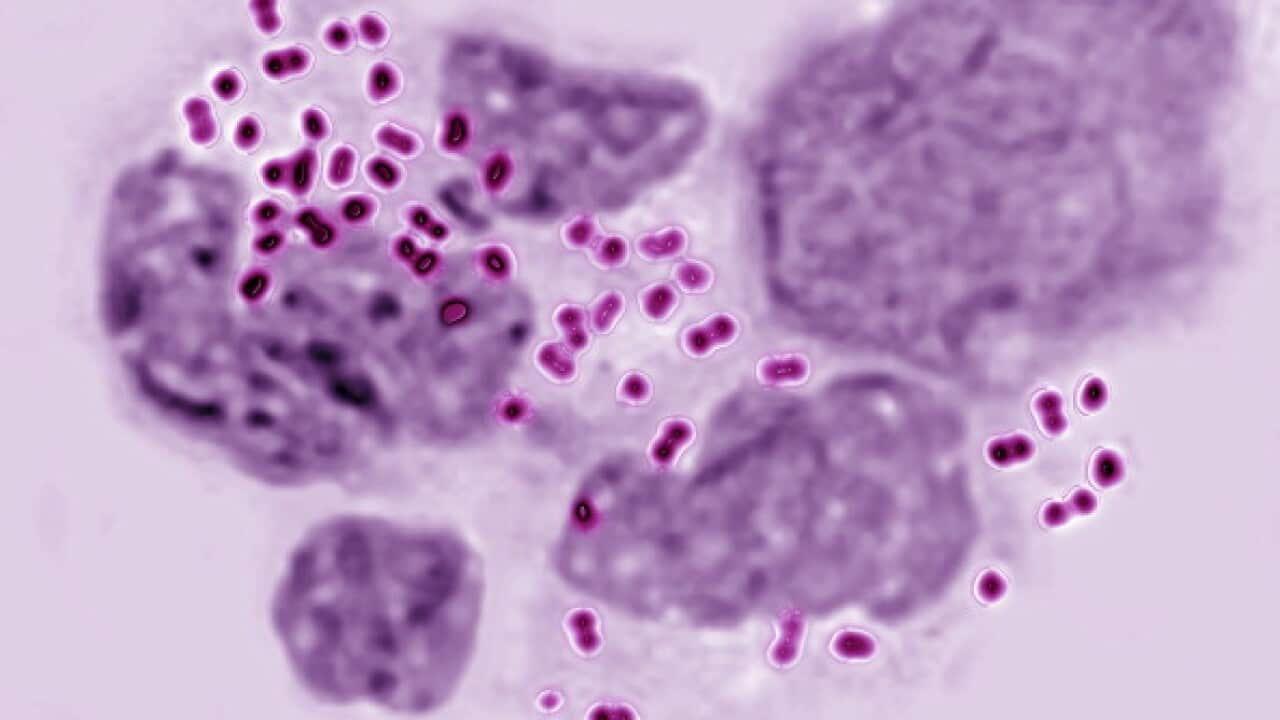Rates of gonorrhoea among young heterosexual men and women have soared while the numbers of new HIV cases have remained "stubbornly" stable over the last five years, a new study has found.
The latest surveillance report on Australia's sexual health, released by the Kirby Institute at UNSW Sydney on Monday, shows diagnoses of the sexually transmitted infection (STI) gonorrhoea have increased by 63 per cent since 2011.
There has also been a resurgence of the STI syphilis, particularly among young Aboriginal and Torres Strait Islander people living in regional and remote areas of Northern Australia.
Associate Professor Rebecca Guy, head of the Surveillance, Evaluation and Research Program at the Kirby Institute says reducing the rates of STIs among Australia's young adults must be a priority of national awareness campaigns.
"Up until recently, gonorrhoea had been uncommon in young heterosexual people living in major cities. Rising rates in this group highlight the need for initiatives to raise awareness among clinicians and young people about the importance of testing," said Prof Guy.
The report shows there were 1013 new HIV diagnoses in 2016. This compares with 1027 in 2015 and 1084 in 2014.
While HIV rates have not increased the data is still a concern for the Australian Federation of AIDS Organisations.
Of the more than 1000 new cases, 46 were identified as Aboriginal or Torres Strait Islander. This is more than double the rate in non-indigenous Australian-born people, says AFAO CEO Darryl O'Donnell.
The surveillance data also shows a higher notification rate among migrant heterosexual men.
"Although Australian governments have an official goal of ending HIV transmission, new notifications remained stubbornly stable in 2016 and increases among specific communities demonstrate the need to invest in programs to ensure nobody is left behind," Mr O'Donnell said.
There was some better news to come from the report, showing that between March and December last year, an estimated 30,434 people were cured of hepatitis C, while the number of hepatitis B diagnoses declined by 27 per cent over the past five years.
Experts say it's essential that people establish a relationship with their doctor so they feel comfortable to ask for a sexual health check-up.
"Regular sexual health testing is part of being sexually active," said Mr O'Donnell.
"We must make it easier for people to ask for a sexual health test and for doctors to offer it. There is no shame in it."

